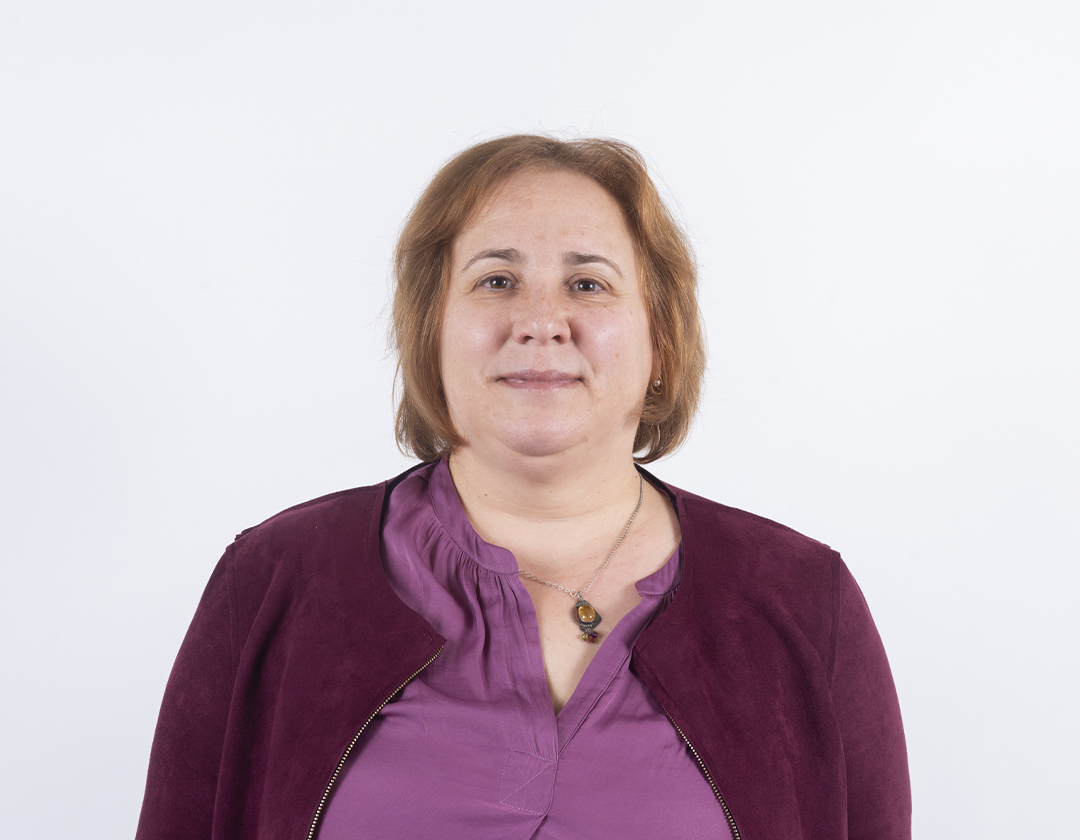Erasmus+ Outgoing Program
Key Action 1: Mobility
Cooperation with Partner Countries
Key Action 2: Strategic Partnerships
Visas and Residence Permits
Key Action 1: Mobility
Mobility projects for learning purposes for students, teaching staff and staff of Higher Education Institutions (HEIs).
Cooperation with Partner Countries
The Erasmus+ Program has a strong international dimension of cooperation with partner countries, particularly in the areas of Higher Education, supporting the international mobility of individuals and their credits.
Applications for International Individual Mobility can be made individually or in a consortium. Candidate HEIs must be established in a Program country and hold an Erasmus Charter for Higher Education. HEIs established in partner countries must be accredited by the national accreditation organization and must have established an interinstitutional contract with their Program Country partner in replacement of the CEES/ECHE Charter.
Projects last 24 or 36 months.
Key Action 2: Strategic Partnerships
A strategic partnership is transnational, aimed at developing initiatives aimed at one or more areas of education and training; involves at least three organizations from three Program countries. It allows participating organizations to acquire experience of international cooperation, strengthen their capabilities and produce innovative, high-quality tangible results, with impact at an individual and institutional level.
Visas and residence permits
Erasmus+ departmental coordinators
António Alves Lopes
Assistant Professor Master's degree Physiotherapy
Jaqueline Carmona
Assistant Professor Specialist Title Speech and language therapy
Sílvia Coelho Martins
Assistant Professor Specialist Title, Master's degree Occupational therapy
António Alves Lopes
Assistant Professor Master's degree Physiotherapy
Jaqueline Carmona
Assistant Professor Specialist Title Speech and language therapy
Sílvia Coelho Martins
Assistant Professor Specialist Title, Master's degree Occupational therapy





